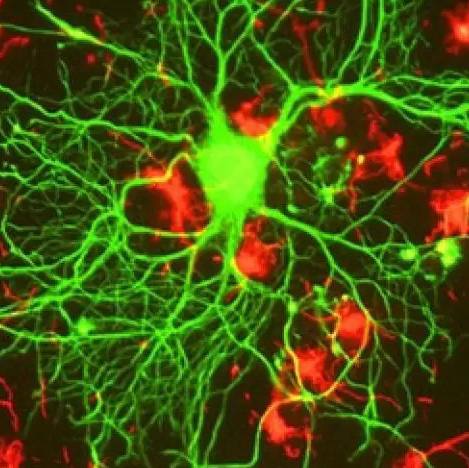-
Discovery’s Edge: Linking gut bacteria to Rheumatoid Arthritis

The cause of rheumatoid arthritis, a systemic autoimmune disease, is unknown. But certain genes and environmental factors, such as smoking, are linked to the disease process. Now Mayo Clinic research suggests a new link: the composition of gut microbes.
Veena Taneja, Ph.D., an immunologist at Mayo Clinic’s Center for Individualized Medicine, recently demonstrated a relationship between the gut microbiota - also called the microbiome - and rheumatoid arthritis. The study -- published in Genome Medicine -- aimed to find an indicator that would predict susceptibility to the disease.
“These are exciting discoveries that we may be able to use to personalize treatment for patients,” Dr. Taneja says. The paper summarizes a study of rheumatoid arthritis patients, their relatives and a healthy control group. It examined differences in microbial communities between these groups and used a mouse model of the disease to confirm effects of targeted microbes identified in the humans.
The findings suggested susceptibility to rheumatoid arthritis could be triggered by changes in gut microbial profiles. The authors note that an abundance of certain rare bacteria (Collinsella aerofaciens and Eggerthella lenta) and a decline in beneficial Faecalibacterium cause a microbial imbalance in rheumatoid arthritis patients.
“After further research,” says Dr. Taneja, “intestinal microbiota could help scientists build a predictive profile for who is at risk to develop rheumatoid arthritis and the course the disease will take.”
It could also help patients according to John Davis III, M.D., and Eric Matteson, M.D., Mayo Clinic rheumatologists and study co-authors. The presence of these bacteria may lead to new ways to diagnose patients and reduce the imbalance linked to rheumatoid arthritis before or in its early stages.
Dr Taneja and her team are working to find beneficial bacteria to correct the microbial imbalance that will stop disease progression.
The Mayo Clinic Center for Individualized Medicine funded the study. The center supports research to find treatments compatible with a patient’s unique genetic structure. It also supports the transformation of research discoveries into practical applications for patient care.
- Colette Rector, August 4, 2016







